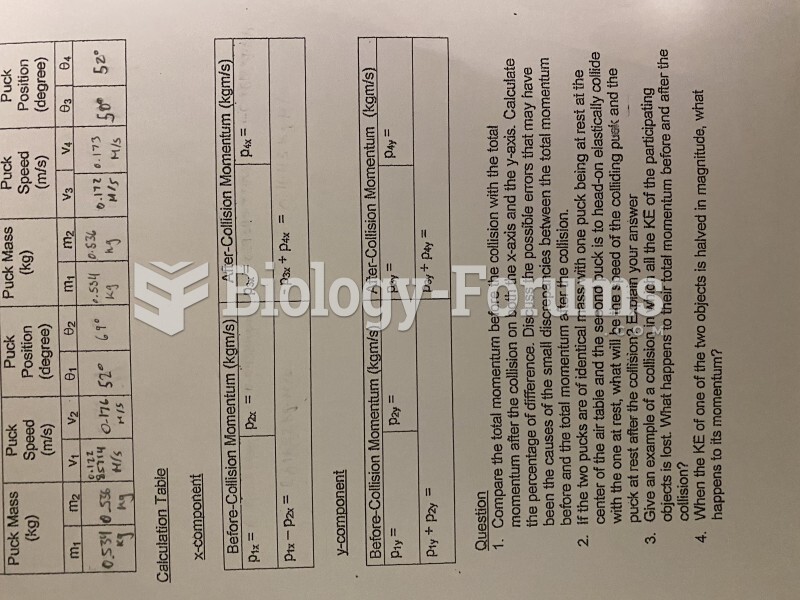|
|
|
Human kidneys will clean about 1 million gallons of blood in an average lifetime.
The human body's pharmacokinetics are quite varied. Our hair holds onto drugs longer than our urine, blood, or saliva. For example, alcohol can be detected in the hair for up to 90 days after it was consumed. The same is true for marijuana, cocaine, ecstasy, heroin, methamphetamine, and nicotine.
Ether was used widely for surgeries but became less popular because of its flammability and its tendency to cause vomiting. In England, it was quickly replaced by chloroform, but this agent caused many deaths and lost popularity.
When blood is exposed to air, it clots. Heparin allows the blood to come in direct contact with air without clotting.
Bacteria have been found alive in a lake buried one half mile under ice in Antarctica.







